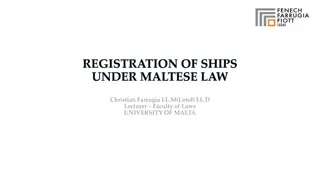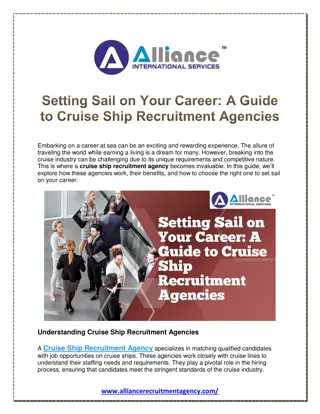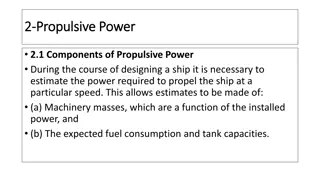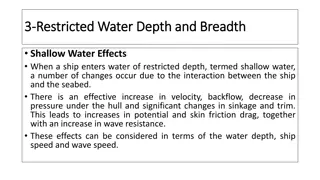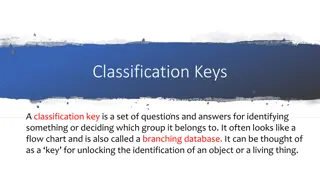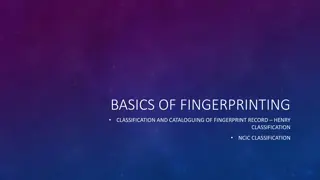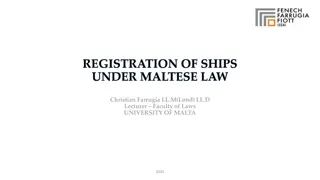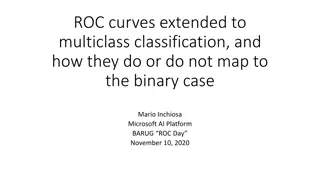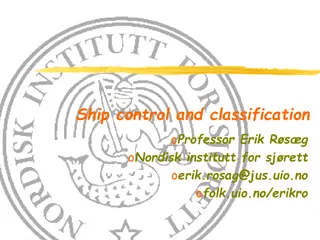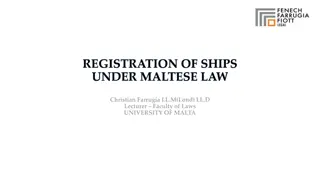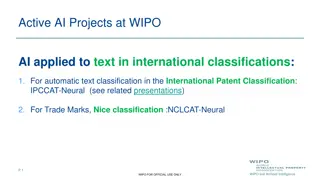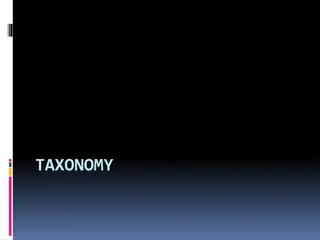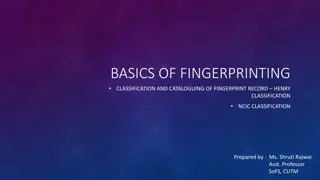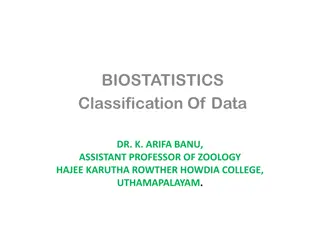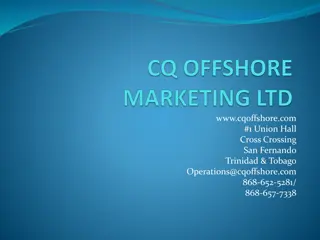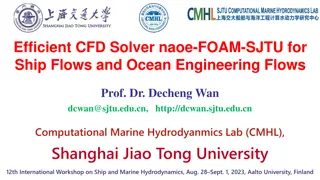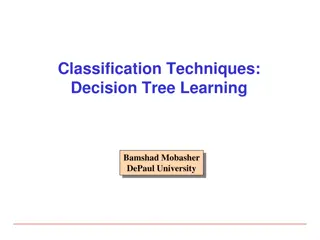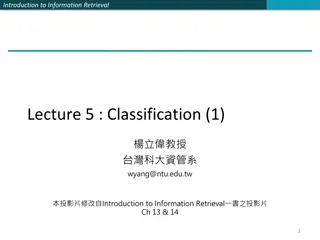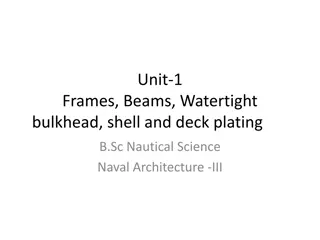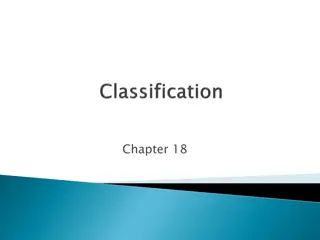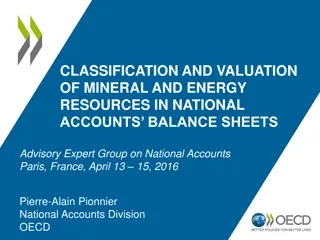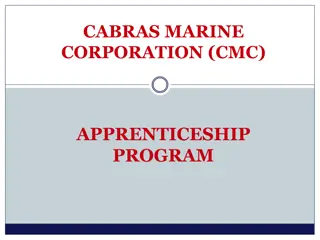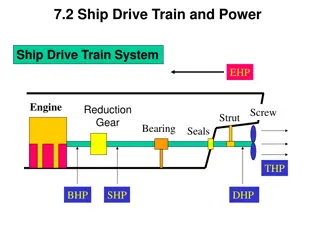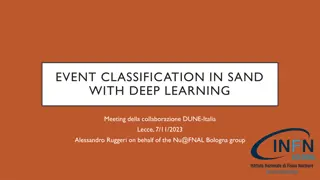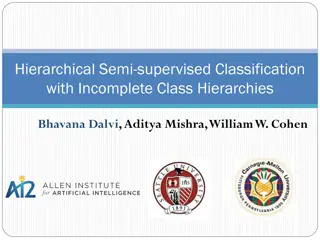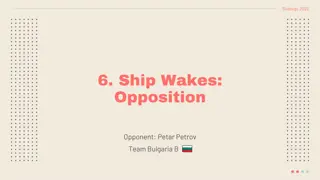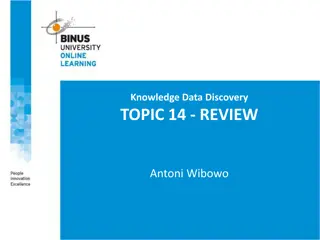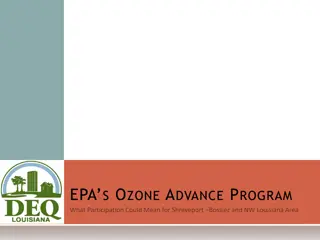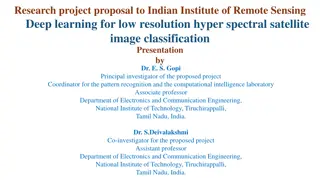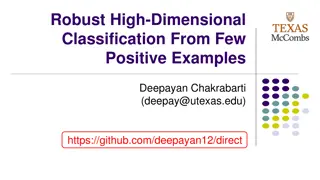Shop in India & Ship to Singapore
Couriers that internationally ship from India to USA include FedEx, DHL, Aramex, and others. For shipping to USA from India, choose the best courier service.
3 views • 3 slides
Shop in India & Ship to USA
ForwardBuy ship all your favorite items to USA from India. We have fast and express delivery to USA from India. Delivery time varies from 3-4 business days. ForwardBuy is a specialist in shipping to USA and one of the best package delivery to USA.
6 views • 3 slides
Ship Classification and Design Factors Overview
Explore the categorization and classification of ships based on usage and support type. Delve into the factors influencing ship design such as size, speed, payload, range, seakeeping, maneuverability, stability, and special capabilities. Learn about the various methods of ship classification, includ
6 views • 104 slides
REGISTRATION OF SHIPS UNDER MALTESE LAW
Explore the comprehensive process and legal framework for the registration of ships under Maltese law explained by Christian Farrugia, LL.M, LL.D. Learn about the registration of assets, ship nationality, ownership requirements, eligible vessels, and the registration process. Understand the signific
2 views • 21 slides
Campus Mail Services Package Shipping Tutorial
This tutorial guides you through the process of creating your ship request, validating return addresses, entering recipient addresses, verifying recipient addresses, providing package information, selecting a carrier, entering your cost account number, printing the ship request form, and attaching i
4 views • 8 slides
Setting Sail on Your Career A Guide to Cruise Ship Recruitment Agencies
A cruise ship recruitment agency connects you to exciting careers at sea. They offer expert guidance, streamline the hiring process, and provide ongoing support, ensuring you secure the perfect job on a luxury cruise ship. Set sail today!\n\n\n\n\n\n\n\n\n\n\n\n
1 views • 6 slides
Understanding Ship Propulsion Power Estimation
In the process of ship design, it is crucial to estimate the power required for propulsion to determine machinery masses, fuel consumption, and tank capacities. Power estimates can be derived through comparisons with existing vessels or model tests, involving scaling laws for different components. S
0 views • 19 slides
Effects of Shallow Water on Ship Performance and Speed
When a ship enters shallow water, various changes occur, affecting velocity, pressure, sinkage, and trim. The interaction between the ship and seabed leads to increased drag and wave resistance. The depth Froude number helps understand the impact of shallow water on ship speed. Corrections for shall
0 views • 14 slides
Understanding Classification Keys for Identifying and Sorting Things
A classification key is a tool with questions and answers, resembling a flow chart, to identify or categorize things. It helps in unlocking the identification of objects or living things. Explore examples like the Liquorice Allsorts Challenge and Minibeast Classification Key. Also, learn how to crea
1 views • 6 slides
Basics of Fingerprinting Classification and Cataloguing
Fingerprint classification is crucial in establishing a protocol for search, filing, and comparison purposes. It provides an orderly method to transition from general to specific details. Explore the Henry Classification system and the NCIC Classification, and understand why classification is pivota
5 views • 18 slides
Ship Registration Under Maltese Law: Overview and Requirements
This informative content delves into the registration of ships under Maltese law, covering topics such as the types of assets that can be registered, the importance of nationality for ships, who can register a ship in Malta, what types of vessels are eligible for registration, and the three types of
1 views • 20 slides
Understanding ROC Curves in Multiclass Classification
ROC curves are extended to multiclass classification to evaluate the performance of models in scenarios such as binary, multiclass, and multilabel classifications. Different metrics such as True Positive Rate (TPR), False Positive Rate (FPR), macro, weighted, and micro averages are used to analyze t
3 views • 8 slides
Ship Control and Classification: Professor Erik R.S.G. from Nordisk institutt for sjørett
Explore various aspects of ship control and classification through the expertise of Professor Erik R.S.G from the Nordisk institutt for sjørett, covering topics such as SOLAS regulations, protective coatings, Ballast Water Convention, EU initiatives, classification societies, relationships with pub
5 views • 15 slides
Ship Registration Process Under Maltese Law Explained
Explore the registration of ships under Maltese law, including the types of assets that can be registered, the significance of ship nationality, who can register a ship, eligible vessel definitions, and the reasons and process for ship registration. Discover how ship registration impacts ownership,
0 views • 21 slides
Understanding Classification in Data Analysis
Classification is a key form of data analysis that involves building models to categorize data into specific classes. This process, which includes learning and prediction steps, is crucial for tasks like fraud detection, marketing, and medical diagnosis. Classification helps in making informed decis
2 views • 72 slides
AI Projects at WIPO: Text Classification Innovations
WIPO is applying artificial intelligence to enhance text classification in international patent and trademark systems. The projects involve automatic text categorization in the International Patent Classification and Nice classification for trademarks using neural networks. Challenges such as the av
2 views • 10 slides
Understanding Taxonomy and Scientific Classification
Explore the world of taxonomy and scientific classification, from the discipline of classifying organisms to assigning scientific names using binomial nomenclature. Learn the importance of italicizing scientific names, distinguish between species, and understand Linnaeus's system of classification.
0 views • 19 slides
Understanding LRIT System for Ship Identification and Tracking
LRIT (Long Range Identification and Tracking) system enables global identification and tracking of ships for security purposes. Ships equipped with LRIT system can autonomously transmit ship data to authorized authorities. LRIT system is mandatory for certain types of vessels as per SOLAS convention
0 views • 12 slides
Overview of Fingerprint Classification and Cataloguing Methods
Explore the basics of fingerprint classification, including Henry Classification and NCIC Classification systems. Learn about the importance of classification in establishing protocols for searching and comparison. Discover the components of Henry Classification, such as primary, secondary, sub-seco
1 views • 21 slides
Understanding BioStatistics: Classification of Data and Tabulation
BioStatistics involves the classification of data into groups based on common characteristics, allowing for analysis and inference. Classification organizes data into sequences, while tabulation systematically arranges data for easy comparison and analysis. This process helps simplify complex data,
0 views • 12 slides
CQ Offshore Marketing Ltd: Your Trusted Ship Chandler in Trinidad & Tobago
CQ Offshore Marketing Ltd, based in San Fernando, Trinidad & Tobago, specializes in providing high-quality ship chandlery services. They offer a wide range of supplies including food, cleaning materials, medical equipment, and more. Committed to safety, quality, and professionalism, they aim to meet
0 views • 9 slides
Efficient CFD Solver for Ship and Ocean Engineering Flows
Computational Marine Hydrodynamics Lab (CMHL) at Shanghai Jiao Tong University specializes in developing advanced CFD solvers for ship and ocean engineering applications. They focus on research areas like ship hydrodynamics, ocean engineering, offshore wind turbine systems, and more. The lab works o
2 views • 7 slides
Introduction to Decision Tree Classification Techniques
Decision tree learning is a fundamental classification method involving a 3-step process: model construction, evaluation, and use. This method uses a flow-chart-like tree structure to classify instances based on attribute tests and outcomes to determine class labels. Various classification methods,
5 views • 20 slides
Understanding Ship Stability: Centre of Gravity and Metacentre
Exploring the concepts of transverse statical stability, centre of gravity, centre of buoyancy, metacentre, stable equilibrium, unstable equilibrium, and neutral equilibrium in ship stability. The relationship between these key points determines a ship's stability and ability to maintain a steady po
0 views • 8 slides
Understanding Text Classification in Information Retrieval
This content delves into the concept of text classification in information retrieval, focusing on training classifiers to categorize documents into predefined classes. It discusses the formal definitions, training processes, application testing, topic classification, and provides examples of text cl
0 views • 57 slides
Legal Aspects of Ship Nomenclature and Definition in International Law
This article discusses the complexities surrounding the classification and definition of ships in international law, focusing on various vessel types such as barge ships, drill rigs, and floating storage units. It highlights the lack of a universal definition of a ship, referencing key international
0 views • 15 slides
Ship Structural Framing Systems in Nautical Science
Understanding ship structural framing systems is crucial in naval architecture. The text explores transverse and longitudinal framing systems, discussing their advantages, disadvantages, and contributions to ship strength. It highlights how these systems help in overcoming various stresses on a ship
0 views • 16 slides
Understanding Taxonomy and Classification in Biology
Scientists use classification to group organisms logically, making it easier to study life's diversity. Taxonomy assigns universally accepted names to organisms using binomial nomenclature. Carolus Linnaeus developed this system, organizing organisms into species, genus, family, order, class, phylum
0 views • 11 slides
Mineral and Energy Resources Classification and Valuation in National Accounts Balance Sheets
The presentation discusses the classification and valuation of mineral and energy resources in national accounts balance sheets, focusing on the alignment between the System of Environmental-Economic Accounting (SEEA) and the System of National Accounts (SNA) frameworks. It highlights the need for a
0 views • 17 slides
Cabras Marine Corporation (CMC) Apprenticeship Program Overview
Established in 1970, Cabras Marine Corporation (CMC) is a prominent provider of marine services in the Northern Marianas Islands and Guam. As a woman-owned business enterprise, CMC offers pilot, tug, barge, and ship repair services, and has a dedicated apprenticeship program to train individuals for
0 views • 13 slides
Understanding Ship Drive Train and Power Systems
Ship drive train and power systems play a crucial role in the propulsion of ships. Components like engines, reduction gears, screws, bearings, and seals work together to convert engine power into thrust horsepower (THP) that drives the propeller. Various types of horsepowers like effective horsepowe
0 views • 85 slides
State Health Improvement Plan (SHIP) Strategies for Alcohol and Drugs: 2015-2019 Review and 2020-2024 Priorities
The State Health Improvement Plan (SHIP) addresses health priorities through strategies and indicators to measure progress, aiming to reduce disparities and achieve collective impact. The 2015-2019 SHIP focused on tobacco use, obesity, oral health, alcohol, substance use, suicide prevention, immuniz
0 views • 20 slides
Event Classification in Sand with Deep Learning: DUNE-Italia Collaboration
Alessandro Ruggeri presents the collaboration between DUNE-Italia and Nu@FNAL Bologna group on event classification in sand using deep learning. The project involves applying machine learning to digitized STT data for event classification, with a focus on CNNs and processing workflows to extract pri
0 views • 11 slides
Hierarchical Semi-Supervised Classification with Incomplete Class Hierarchies
This research explores the challenges and solutions in semi-supervised entity classification within incomplete class hierarchies. It addresses issues related to food, animals, vegetables, mammals, reptiles, and fruits, presenting an optimized divide-and-conquer strategy. The goal is to achieve semi-
0 views • 18 slides
Investigating Ship Wakes and Wave Patterns
Explore the visual similarities between ship wakes and Mach cones, considering various parameters such as boat velocity and length. Delve into wave equations, dispersion effects, and experimental results while addressing questions on water speed, wake formation, and wave models. Analyze the correlat
0 views • 8 slides
Understanding Classification in Data Mining
Classification in data mining involves assigning objects to predefined classes based on a training dataset with known class memberships. It is a supervised learning task where a model is learned to map attribute sets to class labels for accurate classification of unseen data. The process involves tr
0 views • 26 slides
Overview of Hutchinson and Takhtajan's Plant Classification System
Hutchinson and Takhtajan, as presented by Dr. R. P. Patil, Professor & Head of the Department of Botany at Deogiri College, Aurangabad, have contributed significantly to the field of plant classification. John Hutchinson, a renowned British botanist, introduced a classification system based on princ
0 views • 20 slides
Understanding the EPA's Ozone Advance Program and Clean Air Act
The content covers key information about the EPA's Ozone Advance Program, including the basics of ozone, the Clean Air Act requirements, designation vs. classification, classification deadlines, and marginal classification requirements. It explains the formation of ozone, the importance of reducing
0 views • 40 slides
Deep Learning for Low-Resolution Hyperspectral Satellite Image Classification
Dr. E. S. Gopi and Dr. S. Deivalakshmi propose a project at the Indian Institute of Remote Sensing to use Generative Adversarial Networks (GAN) for converting low-resolution hyperspectral images into high-resolution ones and developing a classifier for pixel-wise classification. The aim is to achiev
0 views • 25 slides
Robust High-Dimensional Classification Approaches for Limited Data Challenges
In the realm of high-dimensional classification with scarce positive examples, challenges like imbalanced data distribution and limited data availability can hinder traditional classification methods. This study explores innovative strategies such as robust covariances and smoothed kernel distributi
0 views • 10 slides



